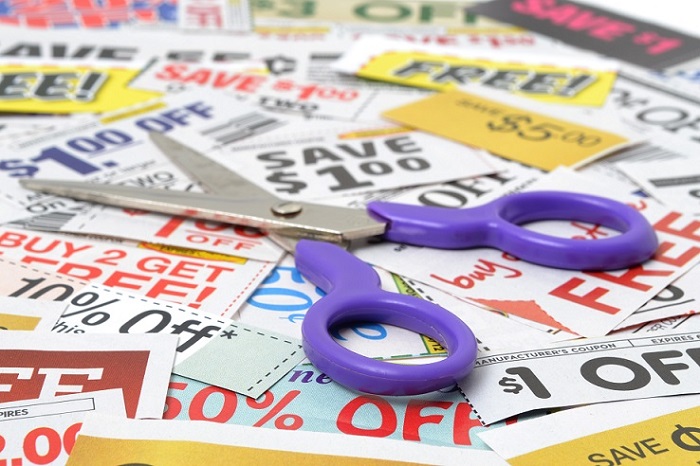The Power of Budgeting: A Beginner's Guide

Financial stability, peace of mind, and achieving your financial goals might seem challenging. However, one tool stands out in its ability to navigate you towards these objectives: a personal budget. Budgeting is the backbone of conscious financial planning. It allows individuals to have a clearer understanding of where their money comes from and where it goes.
Why is Budgeting Essential?
By tracking your income and expenses, you can identify spending patterns, eliminate unnecessary expenditures, and allocate funds more wisely. Whether you're saving for a down payment on a home, planning a vacation, or just aiming to cut down on impulse purchases, budgeting is the key.
Getting Started: Setting Up a Personal Budget
Begin with listing all your sources of income, be it salaries, rental income, dividends, or any other streams. Next, list down all your fixed expenses like rent or mortgage, utility bills, insurance, and so forth. Finally, jot down variable expenses such as dining out, entertainment, and shopping.
The goal is to ensure that the sum of your expenses does not exceed your income. If it does, it's time to scrutinize those variable expenses and see where you can cut back.
Popular Budgeting Methods
Different strategies cater to different financial situations and personalities:
- The 50/30/20 Rule: Allocate 50% of your income to necessities, 30% to wants, and 20% to savings and debt repayment.
- Envelope System: Cash is divided into envelopes for different spending categories. Once an envelope is empty, no more spending occurs in that category until the next budget cycle.
- Zero-Based Budgeting: Every dollar has a purpose. At the end of the month, the balance should be zero, with every dollar either spent or saved.
Tools and Apps to Streamline the Process
In our digital age, numerous tools and applications have emerged to simplify the budgeting process. Apps like Mint, YNAB (You Need A Budget), and PocketGuard can automatically track and categorize expenses, set spending limits for different categories, and provide an overview of your financial health.
These tools can be invaluable, especially for those who are new to budgeting. They not only make the process more manageable but also provide insights and recommendations to improve your financial habits.
Final Thoughts
Budgeting might seem tedious initially, but its long-term rewards are undeniable. By taking control of your finances, you can live with less stress and more freedom. Embrace the power of budgeting, and set the foundation for a brighter financial future.


